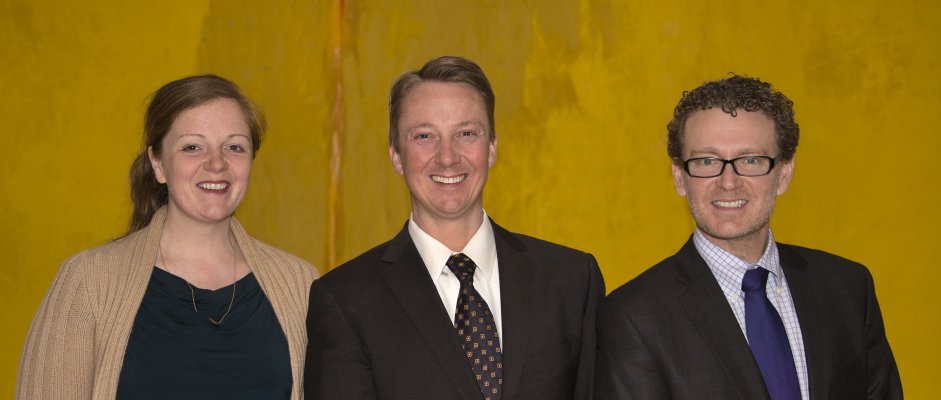Tuesdays, September 16, 2014; October 14, 2014; November 11, 2014; February 3, 2015; March 10, 2015; and April 28, 2015, 7–8:30 pm
7–8 pm, Lecture
8–8:30 pm, Conversation with Participants
Tickets and Scholarships
Following the overwhelming success of the 2013–2014 inaugural Director’s Lecture Series, the Albright-Knox Art Gallery is pleased to introduce the 2014–2015 Director’s Lecture Series, entitled “The Birth, Rise, and Evolution of Avant-Garde Art.”
Six lectures will provide a unique opportunity to learn about the eighteenth-century origins and nineteenth- and twentieth-century development of the modern definition of the artist: a figure who rejects dominant cultural mores and leads the vanguard of creative and even societal transformation. The series is designed by Peggy Pierce Elfvin Director Dr. Janne Sirén and presented by Dr. Sirén, as well as Deputy Director Dr. Joe Lin-Hill and Curator Dr. Cathleen Chaffee.
The term “avant-garde” was borrowed from the French, where it originally described the forward guard on a military march, usually the first soldiers to plunge into an unknown or dangerous situation. By the mid-twentieth century, critics applied the term almost exclusively to artists working with abstraction, which often masked the origins of the avant-garde in nineteenth-century Realism. The series will address those Realist and political origins, and the changing role of the avant-garde artist in society: from the Salons of nineteenth-century Paris, to the idealistic artist-run schools in post-Revolution Russia and Weimar Germany, to the “arrival” of an American avant-garde on the world scene in the 1950s and 1960s. Throughout the series, participants will engage with the conditions that led to the development of an artistic avant-garde, to those aspects of society that nurtured it, and to the artistic temperaments and signal works that defined the front lines of artmaking in the nineteenth and twentieth centuries. The strong tendency for the avant-garde artist to act as both a catalyst and a connector—to build bridges between disparate groups, and to transmit ideas across national borders—will be a particular focus.
Each lecture will be followed by a question-and-answer conversation between the lecturer and participants.
A reception will follow the final lecture.
